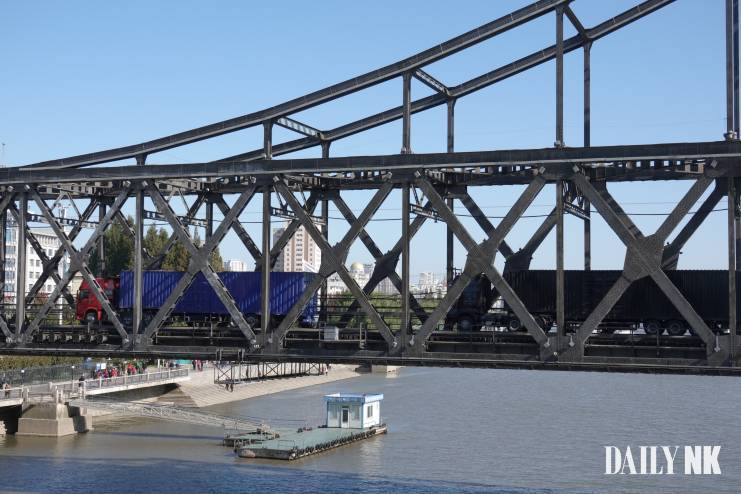North Korea’s recent revision of the Enterprise Act may have aimed to strengthen state control while reinvigorating trade conducted by small-scale work units and the earning of foreign exchange.
According to a Daily NK source in Pyongyang, the bill to revise and supplement the Enterprise Act includes provisions that reduce what private “kiji” pay to the state and encourage foreign exchange earning and trading activities.
A kiji is a small private business organization of about seven people that is nominally attached to a trading company.
The act has permitted payments to the state (in cash or kind) to be cut by a third and private business operators are now allowed to take a greater share. The relevant cadres have been ordered to encourage the establishment of enterprises by telling prospective entrepreneurs that they “may pay just 10% of their profits.” It remains unconfirmed, however, whether this has been clearly included in the legislation.
“Since the (individual’s) take has been increased, it could also be read as an instruction to do more private business or earn more foreign currency,” the source said, speaking on condition of anonymity.
In particular, the authorities reportedly prepared the legal basis to reinvigorate trade through the latest revision to the Enterprise Act.
So far, private businesses in North Korea could engage in trade with China using a waku (trade certificate) issued by a Class 3 enterprise or higher. By allotting waku to enterprises as low as Class 5, the authorities have made it a bit easier for private individuals to obtain the trade certificates.
With even Class 5 enterprises given authority to grant waku, it appears the fees or bribes private individuals had to pay to obtain waku will decrease, too.

However, the North Korean authorities have also ordered that organizations wishing to obtain a waku be strictly screened.
Prior to issuing a waku, the existence of the trader on the Chinese side must be confirmed, and thorough investigations are conducted to see if South Korean items have been imported or if South Korean business people were involved in the areas of supply or demand.
This suggests the aim is to stop the entry of infectious diseases through trade transactions with “unconfirmed” traders and to prevent the circulation of South Korean goods in North Korean markets – part of efforts to ensure such goods do not exert “political influence” on locals.
Along with the revision to the Enterprise Act, North Korean authorities reportedly issued an order to relevant state organs to lighten punishments given to private individuals when they violate economy-related laws.
“It appears people will receive lighter punishments than before if they violate the law while doing business,” said the source. “The message is that since we’ve opened up trade and business activity, you should engage in economic activity to your heart’s content.”
There are also North Koreans who say the revision to the Enterprise Act will provide the legal foundation to partially lift the trade blockade after the Eighth Party Congress next year.
“The revision of the Enterprise Act is a way to revitalize an economic situation that has hit bottom due to the coronavirus,” another source in Pyongyang told Daily NK. “The intention is to open up private trading activity, but also to control private business and collect taxes as accurately as possible.”
Please direct any comments or questions about this article to dailynkenglish@uni-media.net.


















